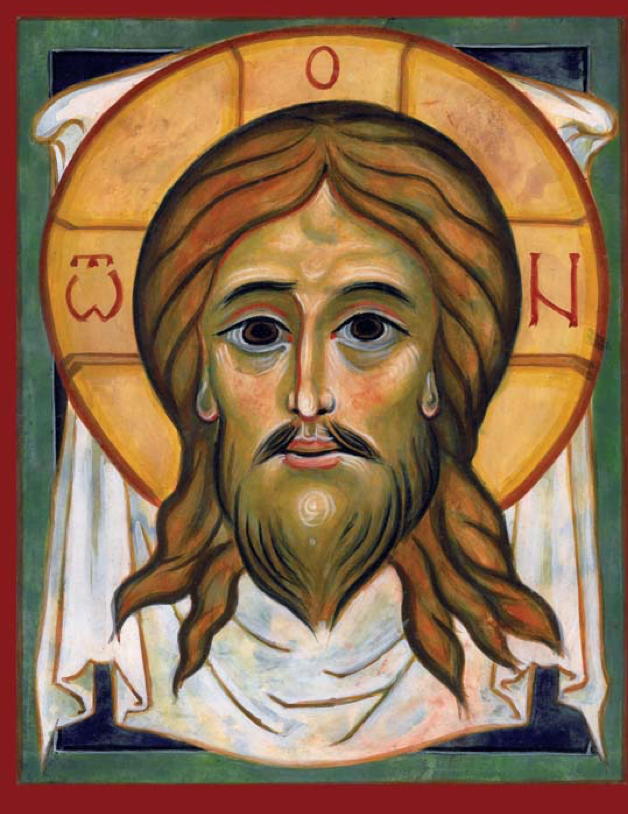THE 512 The New Testament in Words and Images (3 credits; 12.8 CEUs)
Class
About
THE 512 The New Testament in Words and Images
.

.
MORE INFORMATION BELOW ...
.
If you are looking to enroll in the Master of Sacred Arts or to earn continuing education units please complete the application and we will contact you shortly.
If you would like to Audit this course, then Contact Us here.




